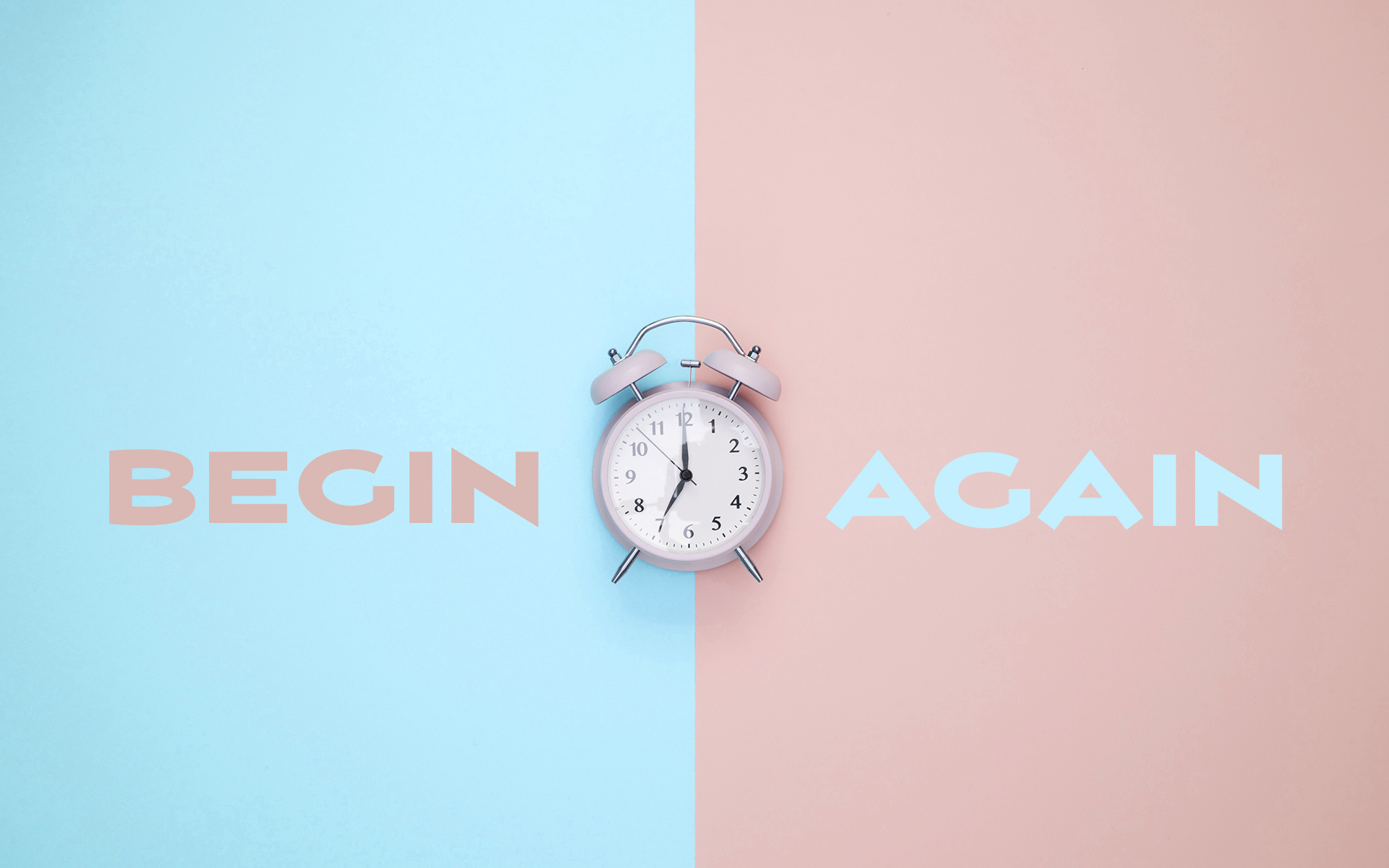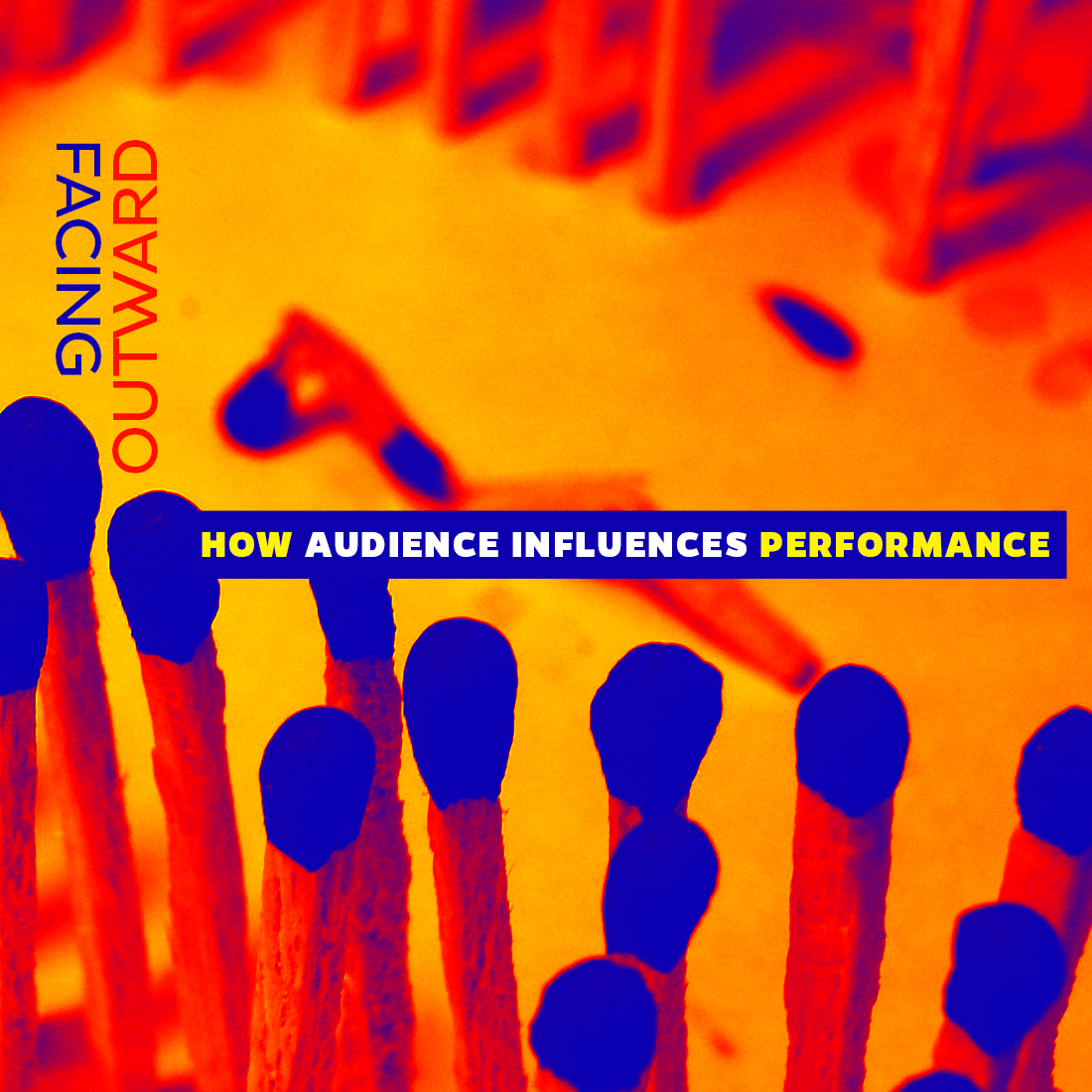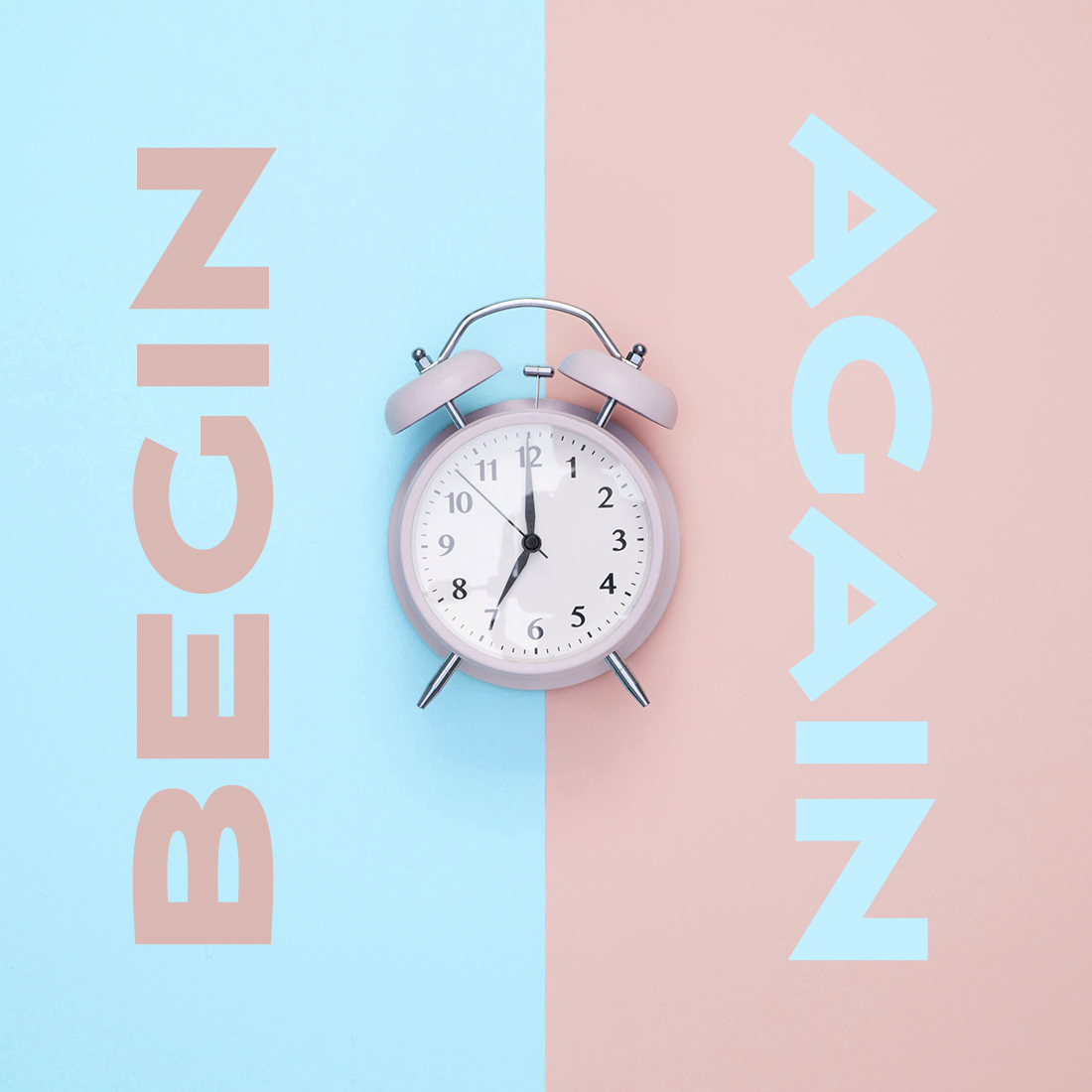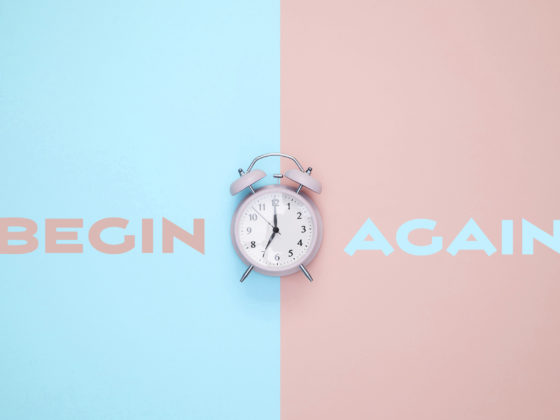ANONYMOUS
Editor’s Note: TW: this article discusses workplace/sexual harassment.
You are twenty-something. You are small bodied but have big ambition. You are an actress, and you’re no stranger to having to toughen or soften yourself for the demands of your chosen path. It’s a difficult industry, like plenty of others, but its potential to reach and teach has had you enamored since jump. It’s lent you experience, and now, your dream job.
You are cast in an educational theatre show where you teach others how to fight sexual harassment and assault. The production is a traveling one, and for the first time you flaunt the glamor of casually saying “on the road” in reference to your actual job. It pays your bills, which not many theatre companies can do. The content is a tapestry of standup, improv, and social justice that digs into what is and is not okay behavior, breaks the fourth wall and asks audiences to their faces what they notice about our world. It feels hard hitting, upward-punching, and infinitely edgy. You even depict a scene in which your character is sexually harassed onstage, spoon feeding them the examples you’re here to discuss. The semi-improvised nature of the show means that you and your cast-mates are free to experiment with new choices every night. The irony of what happens next is never once lost on you.
It starts slowly. It almost always does. You’re partnered with an actor who immediately rubs you the wrong way, but you can’t place why. The two of you are assigned to travel alone together, sojourning to the far reaches of the country to perform. You share a rental car and the responsibilities of lighting, setting, and acting without a crew present. On the road, you think proudly, it’s just you, your audience, and your art. And him.
After a stressful drive from the airport, he makes the acting choice to elbow you out of his way, rather than sidestep as rehearsed. When you walk through the ordinary beats of shuffling to sitting, he shoves into you, and it’s enough to knock you off your center of gravity.
He is nonplussed. He didn’t know that was “happening.”
You decide it must have been a mistake. You let it slide, assuming the usual: it’s a learning curve. It was a flub in blocking, in footing, in physical awareness. You forgive in silence, because everyone deserves the benefit of the doubt. You’ll have plenty more at-bats with him to correct it anyway: your typical workload is twelve shows a week. You reset.
The next time it happens is after a clash of wills in workaday logistics. You feel frustration building between the two of you about the silly stuff: backseat driving, flight delays, parboiled audience members who roll their eyes at your mission. The pressures of the road itself test your entire team’s patience. As he’s slamming into you, you wonder if “patience” is the wrong word — whether “endurance” is more appropriate.
You decide to confront the issue yourself, resolving to talk to him in light, strictly professional terms. You specifically ask him to stop physically overpowering you onstage, and give examples of when it occurred. He is the picture of contrition. He didn’t realize he was even doing it, and he appreciates hearing. He will make sure not to do that next week. The two of you reset.
When he palms your knee (your cue to end the scene), he surprises you by gripping hard, pressing his thumb into your leg, and you have to scramble to pry his hand off in order to get to the next beat. In your highway-side hotel room that night you find bruises starting to blossom.
You have the same conversation with him, asking politely if he can find other acting tactics than wrenching your leg. You feel a bit stupid searching for the best way to phrase it: “Could you pretty please if it’s not too much trouble refrain from grabbing me?” He is nonplussed. He didn’t know that was “happening.” That night in your musty hotel you make a list of other things that just happen: earthquakes, solar flares, flu season. Many of your friends say that the behavior merits a call to your director. Isn’t this what HR departments are for?
But you keep your mouth shut. It can’t be sexual harassment, because he’s clearly not asking you for something sexual. He doesn’t date women, and has been decidedly vocal about how disgusting he finds the female body (not that you asked). You dismiss it because of this‚ because the language you’ve been taught to teach others includes a transactional, sexual relationship, and you can’t imagine what he could want in exchange for bullying you this way.
This stability (and the threat of losing it) dangles above you: an inedible, rancid carrot.
When the news breaks that a fellow theatre company in your hometown has discovered a full-blown rapist in their midst, you follow the coverage obsessively. You feel sorry for every time you’ve phoned your friends or family in anger over the way he jostled you: here is what harm must truly look like. Maybe you just bruise easily! It was only the one instance of that evidence anyway.
Although the aggression has continued, you can’t help but notice that he’s been very careful not to leave any bruises since.
The theatre community is in shock, and you wonder how that shock must feel when it’s soused upon the survivor. Have they awoken to the ice bath of sudden public outcry? Or were they marinating in it since the beginning?
You wonder how many resets this individual was given.
One day he kicks your chair out from under you, sending the folding furniture skittering across the set. You’re left tumbling after your chair in trying to keep from a full fall, and the acting intention is broken. He spots your alarm onstage, and there in front of the audience decries this as a total accident. He asks if you’re okay, and the audience watches carefully as you lock eyes with him. The show has a limited run time, and the next three scenes hinge on the healthy, consensual relationship established between your characters. Without it, there’s no leg for the education to stand on. You feel their collective gaze and eventually affirm that you’re fine. He thanks you and facilitates the next learning objective. Later backstage, he earnestly promises not to let it happen again. The show resets.
You confide your bafflement to a close friend, mentioning how you can’t imagine it to be sexual harassment because of the dynamics at play, yet there doesn’t seem to be clear language for what keeps happening. She swirls her wine, quietly asks if this would be possible if you (a small woman) occupied the same physical and interpersonal space as a larger man. She then asks if he’s got any other qualities or connections that might increase the power differential. You blush and feel moronic. The fact that he’s close friends with the manager is suddenly seeming less innocuous.
You begin to disassociate during the scenes where he’s got the opportunity to have these missteps, which seem to multiply as the weeks go on. You catch yourself silently spacing out, leaving your body and robotically delivering the lines through rote memory, unable to stay present. This habit is a holdover from the time after your own sexual assault years ago, and you recognize it right away. You berate yourself for allowing old, unhealthy coping mechanisms to creep back into your day-to-day; you’re supposed to be past this.
A pattern starts to emerge. You find yourself calling him out when he goes too far, just like your loved ones suggest: non-emotionally, your stiffness increasing each time the conversation is repeated. He is eternally penitent, and pulls way back after every reset. You start to notice that before each physical aggression there is a period of social prickliness, a passive aggressive cold war peppered with interruptions and upstaging.
It’s a year in when you phone management after those early signs crop up again. Your director challenges you to stop doing emotional labor that’s outside of your job description. (Up until now, you’ve only heard this term, emotional labor, used in discussing liberation. But then, you’re a baby social justice worker. It will become one of many expressions co-opted to make people feel small.)
The director is clear. You have one assignment: deliver the show. Whether you attach emotion to the relationship is frankly outside of their purview. After hanging up there’s a heaviness in the air around you, humidified and stagnant with what you’re starting to learn: you are a body onstage. Your body’s presence is its essential facet, not your body’s agency. Plus, they’re paying your rent, which not many other theatre companies can manage. This stability (and the threat of losing it) dangles above you: an inedible, rancid carrot.
What does [it] look like, functionally, when an industry lacks the resources to be choosy about who they welcome into the fold?
You decide to be proactive and try cultivating some good will. Maybe the reason his touch sets your teeth on edge isn’t that it’s targeted, but that you’ve come to see it as hostile. You befriend him on social media, scrolling at random through the last week or so of his posts. Perhaps if you knew each other better you could foster some trust.
Right away one thing is clear: he is on a mission to set right the wrongs he sees before him. The more you scroll, the more call-outs you see. Person A is dubbed trash for the word choice of their tweets. Campaign B is bullshit because it fails to center C. Everyone who likes D is criticized ruthlessly for their fakery. Not unlike onstage, his vitriol at others’ pitfalls dominates nearly every post. With the level of wokeness he’s demanded from the world, you muse on whether there’s any energy left for self-analysis. If nothing else, you’re not crazy. For better or worse, his anger is visible from miles away.
Men, even angry men, can be valuable in the fight against sexual violence. They subvert the expectation of who will be shouting the message, and why they’ll be saying it: maybe it’s not just a “PC culture, lady problem” after all. It can be much more powerful for those in positions of privilege to call out their peers than for those being oppressed to shout upwards at the boot systematically stepping on them. Moreover, it’s a fairer division of labor. So, when the company finds any man with the acting chops and the willingness to fly the anti-violence flag, they seize him. Sometimes this means parlaying “domineering” into “passionate,” but they recognize a valuable ally when they see one. Rarely, if ever, do they let him go.
After the conversation with the director you feel your vulnerability becoming more pronounced, the sureness you felt in the work abraded the longer you’re on the road together. You start noticing smaller injustices, slights that once felt mild now evoking razor wire. The meet-cute scene in the show where you’re asked to portray a ditsy slut, game for sex with the first idiot to buy her a Cosmo. The day you sneak a glance outward and catch a front row audience member still staring at your chest, long after the objectification was “permissible.” The Lyft you take home wherein your female driver confides that a passenger rated her two out of five stars because she supposedly ruined his date. You ask how she managed that and she tells you that he hit on her relentlessly, ignoring the woman in the backseat beside him. When the woman (rightly) opted to cut their date short, the passenger blamed the driver for being “too distracting.” The sleep you lose in lying there visualizing this, hours after she drops you off.
These occurrences start to feel cumulative. One day the proprietor of your favorite bar hugs you without asking, and then leaves his hand on the small of your back, gently rubbing your spine as you exchange how-do-you-do’s. He puts his arm around you and squeezes your bicep, and as you slink out of his Skoal-scented embrace you feel something calcify in your stomach. Your anger at this simple exchange (“but was it that creepy?”) sends you reeling from the building, kicking through the curbside snow. You are suddenly, unexpectedly livid.
The following morning, you call HR.

What kind of action is necessary, or even possible, when harassment arises in our workplaces, especially in those whose very mission is social justice? On paper you’d be hard pressed to find a company that doesn’t strive to protect its workers. But what does that look like, functionally, when an industry lacks the resources to be choosy about who they welcome into the fold? Too often it comes down to either upholding a mission of social justice internally or having the manpower to attempt that mission at all. This begs the question: on whom does the burden to move forward fall? To keep the ship afloat, what is asked of the person being targeted?
After nearly two years of infractions, cold wars, and corrections, you’ve found that what’s required is a reset. This occurs in one of two ways.
As our culture stands today, for harassment to escalate at least one party has to be able to continually clear the slate. You won’t learn until much later that most bullying does occur in a repeated manner, the unpredictability of which is just as dangerous as the torment itself. In your case, as in many, the obligation to start anew seemed to be on you. You’ve lived firsthand that this is not sustainable or right to the targeted parties. Apologies pile up and the effect of having to dole out fresh starts, much like with micro-aggressions, is cumulative.
You wonder how many resets this individual was given.
The second option is more challenging: a reset to our community responses. As a culture and as individuals, it is time to ask ourselves: are the resources in place built to advocate for employees as humans, or for the workplace as a business? Every time a person is targeted it requires a fresh dose of empathy, a slate cleaned of the listener’s baggage. And baggage includes more than personal experience and implicit bias. It may also need to include the productivity goals and financial limitations of an organization, a company, an industry. This is the reset we owe to our causes and to each other. Without it, survivors of abuse are left with a chilling message: your safety is only as valuable as your ability to do your job.
Weeks after the dust has settled, you wonder what the victim in this situation needed. You still rankle at the word victim itself — chalky and overpink in the mouth, like the Valentine’s candies of labels. What you needed was not what everyone would need, and this feels like part of the problem. It’s easy to tell people to help survivors in the way that’s right for them — but as a culture, what does this do for protocol? If we treat sexual harassment as the public health crisis it is, is a textbook procedure even possible for helping victims? The only thing you’re sure you needed was what every survivor deserves: a clean slate of empathy, wiped of any obligations but to your safety.
Who is a model without this actually built to serve?
The meeting in the HR office lasts longer than it should. They ask you for more and more details, many of which you’ve documented already with your director. It becomes apparent that they want you to justify why you’re uncomfortable, when a simple no should suffice. You struggle to explain why exactly x, y, or z touches made you uncomfortable. He’s not leaving bruises anymore, but your skin still crawls every time he gets too close, even after having been asked not to. It’s in flimsily trying to restate why this contact is unnerving that it dawns on you: it doesn’t matter. You’ve asked not to be touched, and that should be enough. Dear reader, know this: you do not have to justify your discomfort to anyone.
You never do find out what they did to correct him. After having stated in the plainest terms possible that you do not consent to his touch, the office seemed to grasp that it was more than just bad acting choices, it was targeted hostility. That not all of his anger was passion for the cause. They assured you that he would be disciplined, but you find you have no desire to find out how. The next trip the two of you take together he fumes silently… and doesn’t touch you once.





